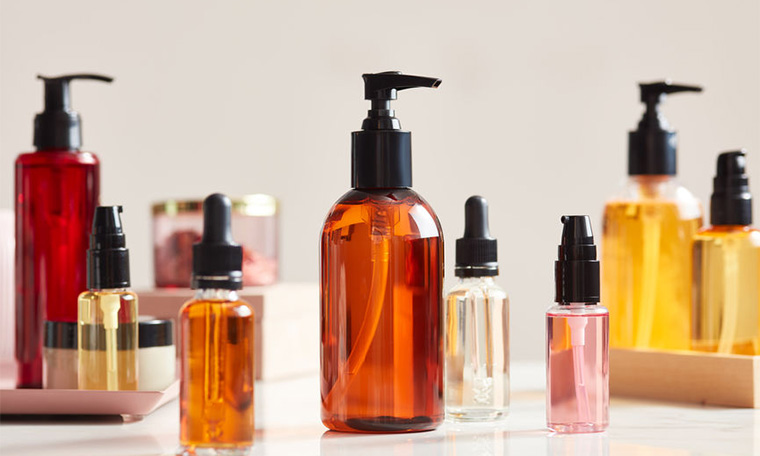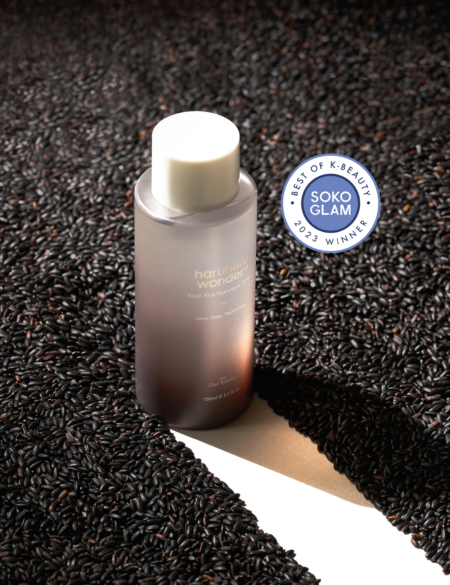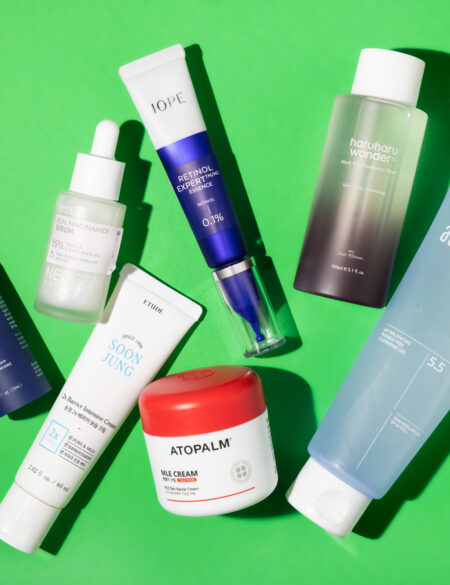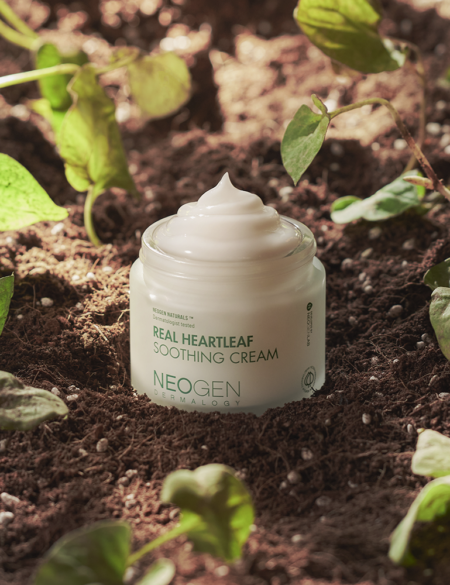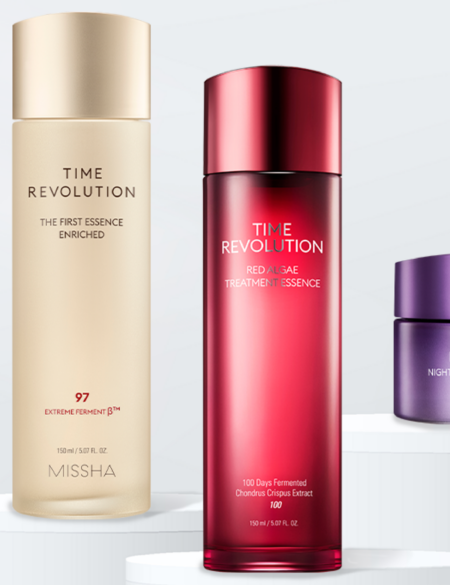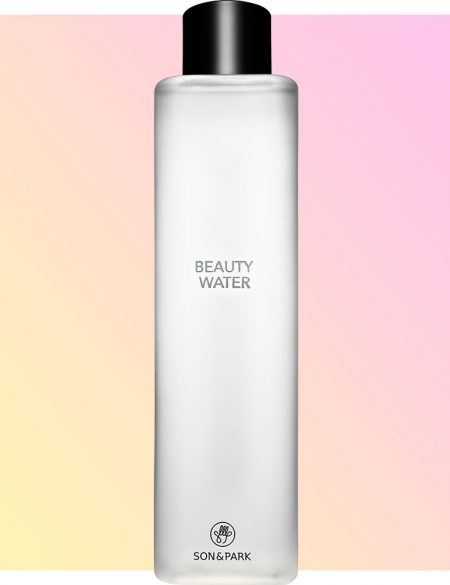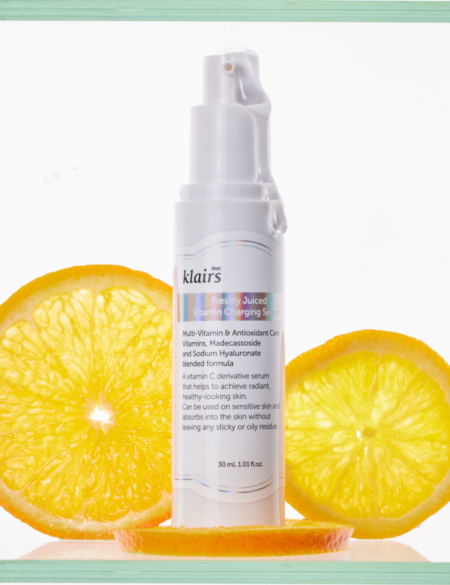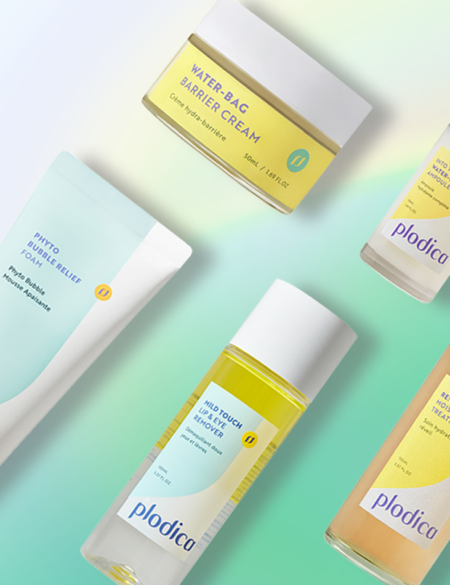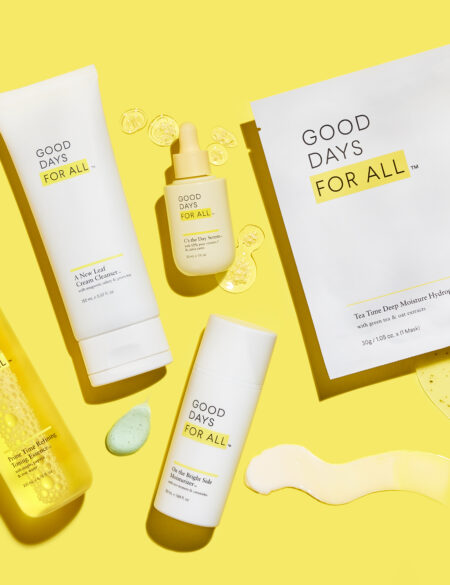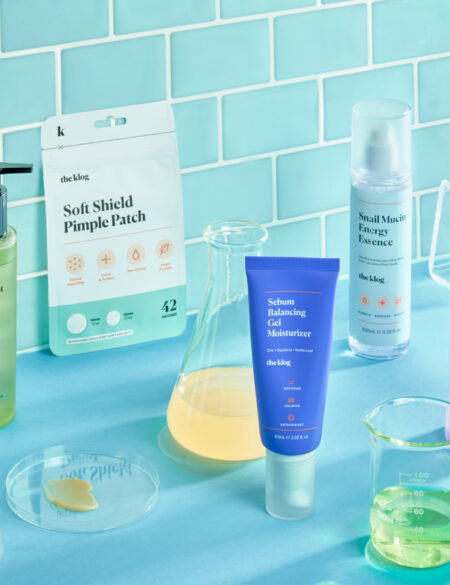Terms like “non-comedogenic” and “organic” can make certain beauty products seem more appealing, but they don’t hold as much weight as you may believe. Here, we break down what you need to know about these unregulated descriptors to become a more discerning consumer.
Beauty and skincare product marketing has been likened to the Wild West in that it’s a frontier where almost anything goes. While there’s certainly some regulation by the FDA when it comes to beauty product formulations, the truth is that their hands rarely get involved when it comes to labels. As such, terms like “non-comedogenic,” “organic,” “vegan,” and “hypoallergenic” get tossed around easily and often.
“The government has zero regulations on cosmetics, which include makeup and skin care. The only regulation is prescription-based skincare, like sunscreen, which contains solid facts on certain types of preventions,” says Dr. Jacqueline Schaffer, a beauty expert and author of Irresistible You: Smart Solutions for Clear, Radiant, Youthful Skin.
In the most charitable light, these non-regulated phrases are used responsibly by brands who promote transparency and a desire to give consumers what they want. Unfortunately, there are many occasions when such labels are misused, or at least misguide consumers. While there’s no way we could cover all the ground here, there are a few ways you can navigate the terminology to ensure that you’re spending your dollars on products that do and are what you expect.
RELATED: 5 Things You Should Always Remember When You Read Skin Care Packaging
Read on for expert advice to keep in mind whether you’re shopping virtually or shuffling through retail shelves in person.
Understand That Some Terms Just Hold Little Meaning
Fancy phrases like “non-comedogenic” and “hypoallergenic” may sound promising, but these terms are unregulated.
“[Hypoallergenic] means whatever a particular company wants it to mean. Manufacturers of cosmetics labeled as hypoallergenic are not required to submit substantiation of their hypoallergenicity claims to FDA,” states the FDA on its website. “[It] may have considerable market value in promoting cosmetic products to consumers on a retail basis, but dermatologists say it has very little meaning.”
RELATED: The Truth About “Non-Comedogenic” Skin Care Products
The term “non-comedogenic” also falls into this category, writes Paula Begoun of Paula’s Choice on her website. She states, “You really can’t trust any product that makes claims of being ‘non-comedogenic’ (or the less common ‘non-acnegenic’) because, just like hypoallergenic, there are no approved or regulatory standards for these terms, not anywhere in the world.”
Look Beyond Advertising
On that note… “This is applicable to all sorts of industries, but don’t allow yourself to be tricked by convincing advertising,” says Alicia Freed, the co-founder of Living Earth Beauty, a website that’s hyper-focused on selling goods that live up to their organic and vegan claims. “Commercials are not typically intended to educate, they are intended to generate emotion and ultimately sales.”
Freed adds that just because a phrase is used, such as “vegan,” “sustainable ingredients,” or “organic,” that doesn’t mean the product, as a whole, satisfies the label. It may mean that only one or two of the ingredients are actually organic, or that a company may not test on animals themselves but rely on contract laboratories to perform the task.
In short: Don’t rely on advertising — be it a TV commercial or flashy packaging — to tell you everything you need to know. Look at the ingredient list in depth and…
Shop Transparent Companies
“When in doubt, ask questions,” says Freed. “Companies that are operating with integrity are usually happy to provide the right information to their potential customers.”
If a company makes it difficult for you to get in contact with them, or if they aren’t transparent on their website about how their products or ingredients are sourced, and what sort of standards they have in place, that’s a red flag.
Look for Certification Stamps
While the FDA may not regulate skin care terminology, there are a number of organizations who’ve taken it upon themselves to step in. Such companies create a set of standards that a brand must adhere to in order to receive a certified stamp. For example, the Leaping Bunny stamp ensures a product is cruelty free and the NATRUE certification indicates a product is natural and organic.
There have been incidences where a brand mislabels their product with a fake certified stamp. For that reason, it’s important to crosscheck to ensure the certification company is legit, and to check if their product is actually on the certification company’s approved list.
The Bottom Line
We live at a time when information is at our fingertips, and when our buying options are seemingly limitless. Follow the advice above and spend your dollars wisely.


